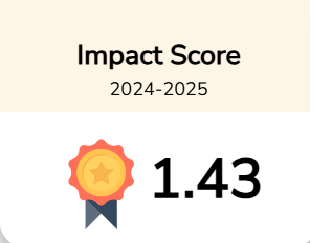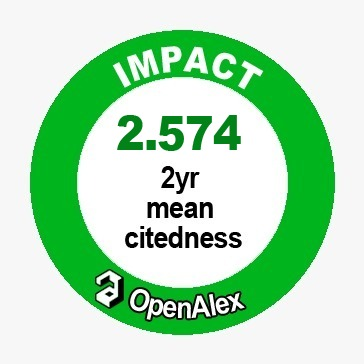Examining the relationship between renewable energy adoption and economic development in the United Arab Emirates
Downloads
Purpose: This paper explores the intricate relationship between renewable energy adoption and economic development in the United Arab Emirates (UAE), highlighting how increased utilization of renewable resources correlates with various economic indicators.
Design/Methodology/ Approach: This paper examines a number of important factors using a large dataset covering the years 2000–2022, including GDP per capita growth, energy consumption, research and development spending, renewable energy capacity, investment in renewable energy, total greenhouse gas emissions, job creation, public awareness of renewable energy, and foreign direct investment (FDI).
The study offers a detailed examination of the ways in which the UAE's adoption of renewable energy affects economic growth, energy security, and environmental sustainability, taking into account positively skewed distributions through the use of a log-log model.
Findings: According to the findings, the UAE's planned transition to a greener economy is supported by the substantial economic benefits that expanded renewable energy capacity is linked to, including the creation of jobs, higher foreign investment, and lower greenhouse gas emissions.
Conclusion: In addition to advancing knowledge of the financial effects of renewable energy, the article supports the UAE's 2050 energy diversification plan and international sustainability objectives.
Research Limitations/Implications: The study's use of national-level data may cause it to ignore regional or sector-specific factors. Although relationships are found, it does not demonstrate that GDP growth is directly influenced by renewable energy. The results are unique to the UAE, which limits their generalisability to other nations, and the linear regression model might overlook intricate interactions. Important elements like the state of the world economy and geopolitics are not taken into account.
Practical strategies: These obstacles can be addressed and a more favourable climate for renewable energy projects can be created with the use of doable tactics like offering subsidies, tax breaks, and advantageous regulatory frameworks.
Contribution to literature: By examining the financial effects of renewable energy adoption in the United Arab Emirates and emphasising its role in both sustainability and economic growth, this study contributes significant insights to the body of knowledge. It adds to the larger conversation about striking a balance between environmental objectives and economic development by highlighting the significance of public awareness and policy in promoting the use of renewable energy.





